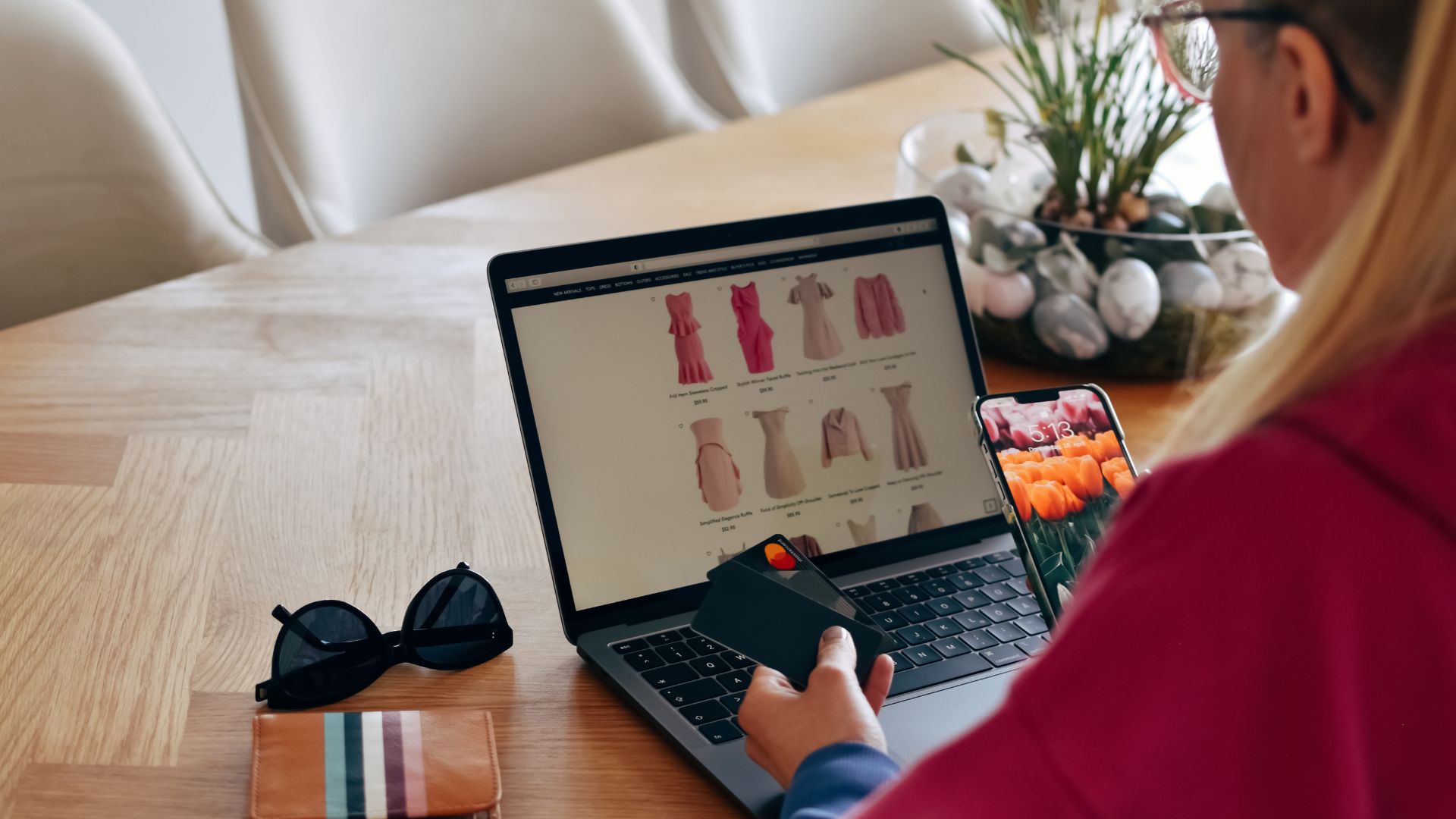The Internet has been doing an incredible job of influencing Internet users to follow different trends or activities. The rise of online shopping is no different from a culture that many people are getting into, especially since our world went through a global pandemic.
One subculture under the realm of online shopping is the prevalence of the trend ‘budol,’ a popular culture known in the Philippines wherein online users who find promotions for products interesting end up purchasing those products themselves. Oftentimes, these people are persuaded by online content creators to buy the products they promote. Additionally, the products that they buy are not usually essentials or necessities but are priced reasonably low.
The Budol Phenomenon And Affordable Apparel

Among the many business niches available in the market, clothing or fashion finds are one of the most promoted products on social media today. On TikTok alone, millions of videos will show up when you search keywords like ‘affordable clothes.’ Videos and reels of people hoarding bulk of clothes are also often going viral on different social media sites. Clothing businesses, resellers, and distributors often sell their clothes at a very cheap price.
A relevant marketing strategy that has proved to be driving sales among businesses in different industries is a strategy called influencer marketing, which uses testimonials of content creators about their experience of using a specific product. Many brands and businesses in different industries are choosing to invest in influencer marketing, and its results are noticeable, as people are being swayed by buying more and more.
Overspending On Clothes Leads To Overconsumption
Oftentimes, wholesale clothes that are being sold in bulk and sold at cheap prices are produced cheaply. Sellers of this apparel also tend to overproduce due to factors such as increased profits and reduced inventory costs.
If you often find yourself swayed to buy clothes based on product promotional content, you might be a pawn for overconsuming clothes. Purchasing huge amounts of clothes that you won’t wear for a long time is not a great investment in quality clothing and apparel. Due to these clothes being made in such a poor-quality state, they won’t probably last long in your closets. Buying the same quality of clothes over and over is a detrimental way to show that you are engaging in overconsumption.
The Clothes We Wear Contribute To Pollution
In case you don’t know, most of the clothes that we wear are made of highly flammable plastics that are toxic to our environment. Our impulse buying and unnecessary purchases of bulk clothes contribute to the degradation of our environment.
By owning too many clothes that we don’t necessarily need, we are contributing to plastic pollution. The materials from which these clothes are made are also not easy to decompose, which can further contribute to the plastic waste problem.
Practicing Mindful Apparel Spending And Consumption
We can still present ourselves in style, even with small amounts of clothing. This is why it is important to invest in good-quality clothes that are minimalist in style. These types of clothes are easy to pair with other clothing pieces, which can be a timeless and classic way to dress up and play fashion for ourselves. We can also choose to support second-hand apparel, as they sustainably sell clothes.
In reality, we don’t need massive amounts of clothing in our lives. Keeping in mind the consequences of overspending and overconsumption of clothing and apparel will ultimately lead us to much wiser and more mindful spending and consumption of fashion. Reminding ourselves to buy less, supporting sustainable clothing brands, and practicing mindful spending might seem like little things that we can do, but they will be beneficial to our environment in the following years.



















